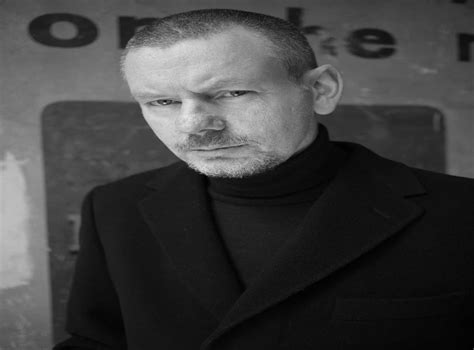A Quote by Colm Toibin
I lived in the Republic of Ireland. I wrote a book about the North but as an outsider. The hatreds there were not mine. I never felt them. I liked how open in most ways Catalan nationalism was, compared to Irish nationalism. I disliked the violence and cruelty in Ireland.
Related Quotes
No Irish nationalist could support any treaty which institutionalizes British government claims to a part of Irish national territory. Indeed, the term - 'constitutional nationalism'- used by Mr.Mallon (SDLP) and his colleagues to describe their political philosophy is a contradiction in terms. The only constitutional nationalist in Ireland today is Sean McBride. He puts his nationalism within a framework of Irish constitutionality. Mr. Mallon, however, puts his within the framework of British constitutionality. Irish nationalism within British constitutionality is a contradiction in terms.
Ireland is a series of stories that have been told to us, starting with the Irish Celtic national revival. I never believed in 'Old Ireland.' It has been made all of kitsch by the diaspora, looking back and deciding what Ireland is. Yes, it is green. Yes, it is friendly. I can't think of anything else for definite.
Ireland, as distinct from her people, is nothing to me; and the man who is bubbling over with love and enthusiasm for "Ireland," and can yet pass unmoved through our streets and witness all the wrong and the suffering, shame and degradation wrought upon the people of Ireland-yea, wrought by Irishmen upon Irish men and women, without burning to end it, is, in my opinion, a fraud and a liar in his heart, no matter how he loves that combination of chemical elements he is pleased to call Ireland.
Despite being from Ireland, I've always avoided writing about it, for two reasons. For a very small country, Ireland has produced an astonishing number of literary geniuses, and at some level I probably never felt, having left as a toddler, that I had the right to try and add my voice. That's part of it. But I also didn't want to write something that was the equivalent of the Irish theme pub. You find them all over the world. The idea of producing a novel that might replicate that type of ersatz really set my teeth on edge.
The Irishman frees himself from slavery when he realizes the truth that the capitalist system is the most foreign thing in Ireland. The Irish question is a social question. The whole age-long fight of the Irish people against their oppressors resolves itself in the last analysis into a fight for the mastery of the means of life, the sources of production, in Ireland. Who would own and control the land? The people, or the invaders; and if the invaders, which set of them - the most recent swarm of land thieves, or the sons of the thieves of a former generation?
'A Naval History of Britain' which begins in the 7th century has to explain what it means by Britain. My meaning is simply the British Isles as a whole, but not any particular nation or state or our own day... 'Britain' is not a perfect word for this purpose, but 'Britain and Ireland' would be both cumbersome and misleading, implying an equality of treatment which is not possible. Ireland and the Irish figure often in this book, but Irish naval history, in the sense of the history of Irish fleets, is largely a history of what might have been rather than what actually happened.





































